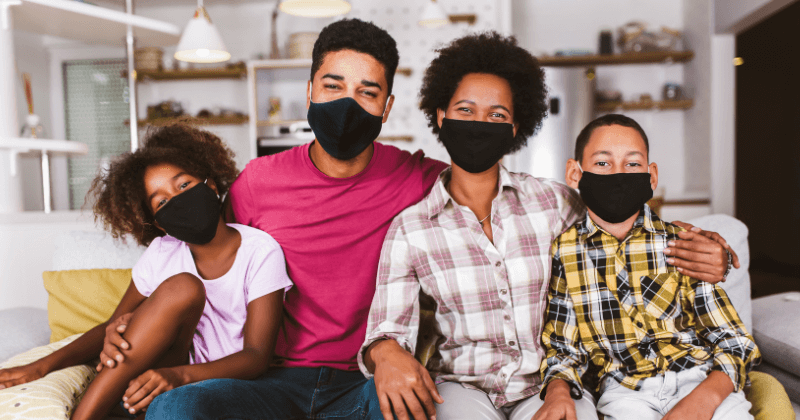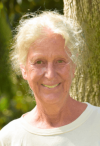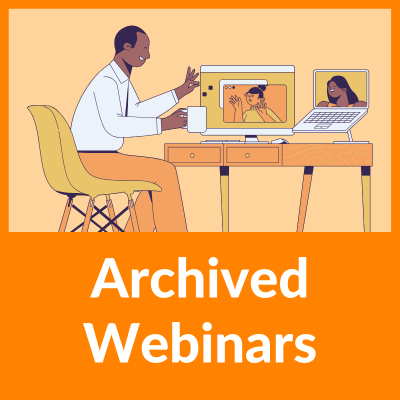
While significant attention has been paid to those who have become ill with Covid or Long Covid, less attention has been paid to the experience of their family members and family caregivers. This webinar will present a model of witnessing that can account for a range of feelings family members may experience, from helplessness and frustration to attunement and competence. The session will cover how an ill person may be present but not fully “there,” creating challenging family interaction patterns. We will consider how healthcare providers can prepare themselves to work with families impacted by Covid or Long Covid and suggest ways to guide couples through the relationship challenges they face.
Watch the Webinar Recording
Download the Presentation Slides
Take the Evaluation
- Identify three ways that Covid and Long Covid impact families through changes in functioning of the body/mind.
- Describe two ways that witnessing the suffering of those who are ill has an impact on well family members.
- Explain how illness can create an experience of self-loss for the ill person.
Presenters

Kaethe
Weingarten
Ph.D.
Migrant Clinicians Network
Kaethe Weingarten, Ph.D. (she/her) is the founder the Witness to Witness (W2W) Program. The goal of W2W is to help the helpers, primarily serving health care workers, attorneys and journalists working with vulnerable populations. She received her doctorate from Harvard University in 1974. She has taught at Wellesley College (1975-1979), Harvard Medical School (1981-2017), where she was an Associate Clinical Professor of Psychology in the Department of Psychiatry at Children’s Hospital Boston and then Cambridge Health Alliance, and at the Family Institute of Cambridge (1982-2009). She founded and directed the Program in Families, Trauma and Resilience at the Family Institute of Cambridge. Internationally, she has taught in Africa, Australia, Canada, Europe and New Zealand, where she was a Fullbright Specialist. She has given over 300 presentations and been a keynote speaker at numerous local, national and international conferences. She serves on the editorial boards of five journals. In 2002 she was awarded the highest honor of the American Family Therapy Academy, the award for Distinguished Contribution to Family Theory and Practice. She has written about her work in six books (which she has authored or edited) and over 100 articles, chapters and essays. Her most recent book, Common Shock: Witnessing Violence Every Day- How We Are Harmed, How We Can Heal won the 2004 Nautilus Award for Social Change. Dr. Weingarten’s work focuses on the development and dissemination of a witnessing model. One prong of the work is about the effects of witnessing violence and trauma in the context of domestic, inter-ethnic, racial, political and other forms of conflict. The other prong of the witnessing work is in the context of healthcare, illness and disability. Her work on reasonable hope has been widely cited. In 2013, Dr. Weingarten and her husband moved to Berkeley, CA to be near their children and five grandchildren. There she resumed a dance and choreography practice she had let lapse for forty-five years. Since moving to Berkeley, she and her dance collaborator have been awarded five grants for their choreography with elder dancers applying a witnessing model in public spaces. In 2018 they performed at the Oakland Museum of California. In her spare time she enjoys hiking, baking and crocheting afghans.

